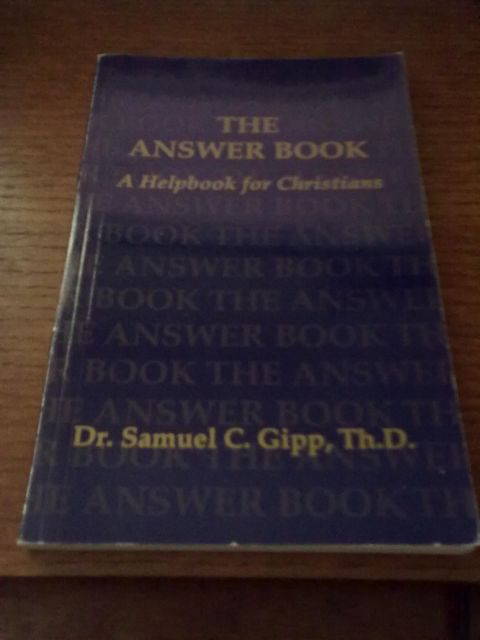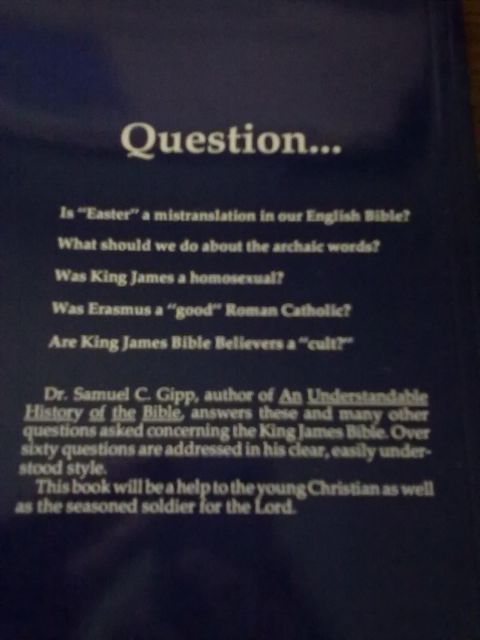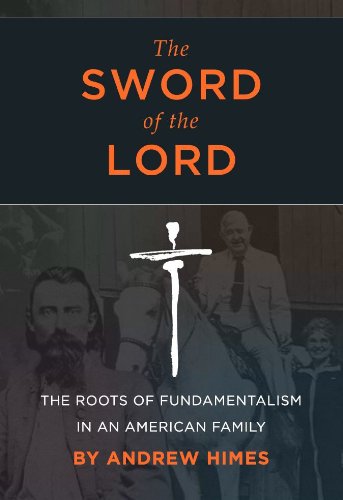
The accusation often goes out that fundamentalists are the kinds of people who would burn books given half a chance. I disagree. I think that the act of burning a book would be superfluous to the even more egregious act of simply ignoring their existence. After all, why burn what is irrelevant?
This isn’t to say that fundies don’t like books. Quite the opposite, I’ve never been in a fundamentalist pastor’s office that wasn’t crammed with books from top to bottom. Many fundamentalist houses have hundreds if not thousands of books from ceiling to floor as their primary source of entertainment. With so many volumes scattered around — from the great leather bound editions (of Louis L’amour) to cheap paperback books (also Louis L’amour) — it would seem ludicrous to imagine that fundamentalist were opposed to the idea of gathering insight and understanding through the printed word. But they are.
For when a fundamentalist reads he places his Spectacles of Moralism and Simplicity upon his nose and simply ignores anything that doesn’t fit his own prescribed view of the world. And it’s not just non-fiction. If the fundy happens to stumble upon some literary work, whether it’s Hester’s plight in the Scarlet Letter or the plotted revenge of the Count of Monte Cristo, the fundamentalist will only see what he considers to be moral or immoral actions and never consider what’s being said about the humanity or the larger social implications behind them.
For every fundamentalist plot can be boiled down to these elements: Someone is right. Someone is wrong. And Someone is bound to be damned if they keep it up. That’s all that matters. Insight into things like life, love, pain, greed, sacrifice, hate, bravery, desire, and the common human condition are just so much window dressing. Hardly worth noticing, really.
So I put the question to you: is it worse to burn a book or to have a library full of them that you will not allow to expand your mind or touch your soul? Perhaps it might be kinder simply to set them ablaze and have done with the façade.




